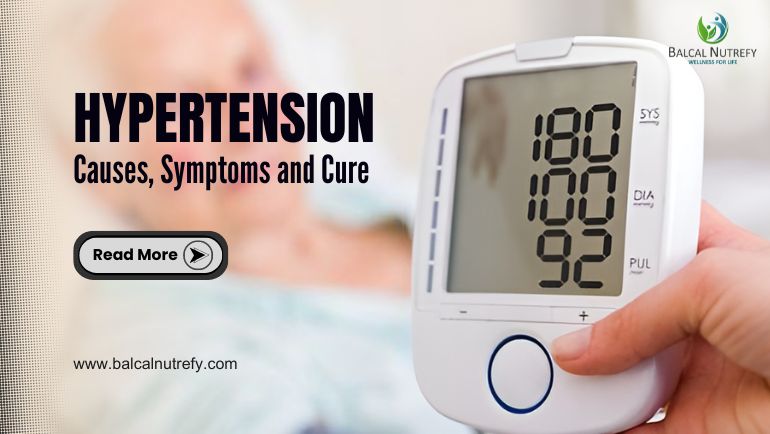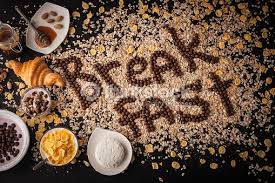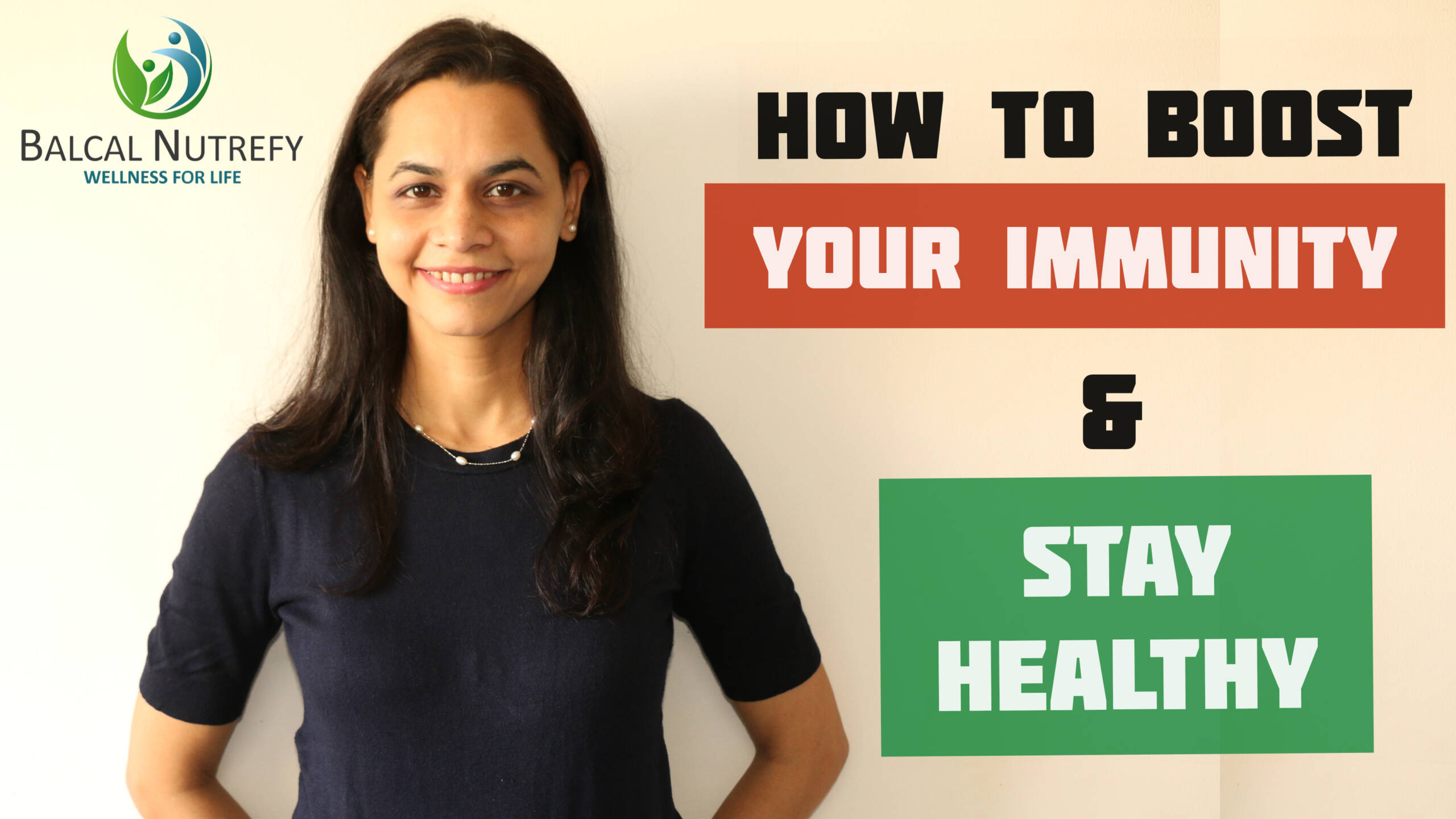
In today’s life where stress, Fast foods, and sedentary lifestyles have become common, there is a health threat often called a “silent killer” – hypertension is increasing. It frequently goes unnoticed until severe complications have arisen. In this blog, we’ll uncover the symptoms and causes of hypertension. We’ll explore the prevention and management of hypertension.
Understanding Hypertension:
Understanding hypertension is not just about knowing but about taking control of your health and living a long life. Hypertension is also called as high blood pressure. When our heart pumps blood into blood vessels, the pressure is exerted on the walls of blood vessels, known as blood pressure. If this pressure is too high it is known as high blood pressure or Hypertension. In this condition, the heart has to work harder to pump the blood. Blood pressure is measured in (mm Hg) millimeters of mercury. In general, hypertension is when the blood pressure increases beyond 130/ 80 mm Hg. It may increase the risk of heart disease, stroke, and other life-threatening conditions. Blood pressure is measured as systolic and diastolic pressure. The top is called Systolic blood pressure which is exerted on the walls of arteries when the heart is contracting. The bottom is called diastolic blood pressure which is exerted on the walls of arteries when the heart is relaxing. Following are the types of blood pressures.
- Normal blood pressure – Blood pressure of 120/80 mm Hg
- Elevated blood pressure – When systolic Blood Pressure increases to 130 mm hg but diastolic is below 80 mm hg
- Stage 1 hypertension – When systolic Blood Pressure ranges from 130 to 139 mm Hg or Diastolic Pressure is between 80 to 89 mm Hg.
- Stage 2 hypertension – when systolic Blood Pressure is 140 mm Hg or higher or Diastolic Pressure is 90 mm Hg or higher
The Causes of High Blood Pressure:
Hypertension can be classified into two types: primary (essential) hypertension and secondary hypertension.
1. Primary Hypertension or Essential Hypertension
This is a widespread type. Almost 90% of people fall under this category. There is no absolute cause of the hypertension. It can develop gradually over the years. Below are some factors that can contribute to its development:
- Genetics: A family history of hypertension increases the risk of hypertension
- Age: The risk of hypertension increases with an increase in age.
- Alcohol & Smoking: Excessive alcohol consumption and smoking can contribute to high blood pressure. Smoking injures the walls of the blood vessels and speeds up the process of high blood pressure
- Intake of too much Salt: Salt contains 40% Sodium. Too much sodium can cause water retention which increases blood pressure
- Obesity: Excess body weight causes changes in blood vessels, kidneys, or other parts which often increases the risk of developing hypertension
- Physical inactive: No exercise can cause weight gain, leading to high blood pressure. Also, physically inactive people tend to have high heart rates.
- Stress: Chronic stress can elevate blood pressure levels temporarily but due to stress, if there is an excess calorie intake, alcohol, or tobacco usage then it contributes to high blood pressure.
2. Secondary Hypertension
This type of hypertension is caused by an underlying condition and tends to appear suddenly, causing higher blood pressure than primary hypertension. These conditions include
- Kidney Disease: Impaired kidney function can lead to hypertension It is the most common cause of secondary hypertension.
- Adrenal Gland Tumors: Tumors in the adrenal glands can cause an overproduction of hormones that raise blood pressure.
- Thyroid Disorders: Hyperthyroidism and hypothyroidism both can lead to high blood pressure.
- Sleep Apnea: Obstructive sleep apnea can result in elevated blood pressure levels.
- Medications: Certain medications, such as birth control pills, cold remedies, and pain-relieving medications. Some drugs can constrict the blood vessels and it becomes harder for the artery to pump the blood leading to secondary hypertension.
- Chronic Conditions: Diabetes and other chronic conditions can increase the risk of developing secondary hypertension.
- Pregnancy: Sometimes there is an elevated blood pressure during pregnancy
Signs & Symptoms of High Blood Pressure:
While many people with hypertension do not experience any symptoms until it becomes dangerous. This makes it all the more important to check blood pressure regularly. Some common symptoms of hypertension are:
- Headaches: There can be mild, moderate, or severe headaches, especially in the morning, and can be a sign of high blood pressure.
- Shortness of Breath: It is a common symptom of pulmonary hypertension. Arteries of the lung narrow down leading to difficulty breathing or shortness of breath during normal activities. It may be linked to hypertension.
- Nosebleeds: Unexplained nosebleeds that occur more frequently can be a warning sign.
- Flushing: Redness in the face or body can occasionally indicate high blood pressure.
- Dizziness: Feeling lightheaded or dizzy, causes lack of balance especially when standing up suddenly, and can be associated with high blood pressure.
- Chest Pain: Persistent chest pain or discomfort could be related to hypertension and warrants immediate medical attention.
- Vision Problems: Blurred or double vision may occur due to high blood pressure affecting the blood vessels in the eyes.
- Fatigue: Fatigue may be mental or physical or a combination of them. Hypertension caused by stress or sleep apnea leads to fatigue. Unexplained fatigue or confusion can sometimes be a result of hypertension impacting overall health.
Prevention and Management:
To reduce hypertension lifestyle changes and, in some cases, medications are required. Here are some strategies to prevent and control high blood pressure:
- Healthy Diet: It is often recommended to follow the DASH (Dietary Approaches to Stop Hypertension) diet for hypertensive patients. It includes a diet rich in fruits, vegetables, whole grains, and low-fat dairy products
- Low Salt Diets: It is also a very common approach to prevent hypertension. Foods that are high in sodium means packaged foods, processed foods, cheese, and fried food to be consumed in lower amounts.
- High Potassium Diet: A diet rich in potassium is known to help manage hypertension.
- Regular Exercise: Engaging in regular physical activity, such as walking, jogging, or swimming, for at least 150 minutes per week can help lower hypertension.
- Maintain a Healthy Weight: Achieving and maintaining a healthy weight can significantly reduce the risk of high blood pressure.
- Limit Alcohol and Quit Smoking: A higher consumption of alcohol and smoking raises blood pressure and reducing alcohol intake and quitting smoking can reduce levels of blood pressure significantly.
- Reduce Sodium Intake: Limiting salt intake can help lower blood pressure. Try to keep it below 1500 mg per day
- Stress Management: Managing stress is also important. More the stressed you are, more the contracted muscles you have. Practicing stress-reducing techniques such as meditation, deep breathing, or yoga can help in reducing hypertension.
- Regular Monitoring: Regularly check your blood pressure to keep track of any changes and consult with your healthcare provider.
Conclusion:
Hypertension is a silent yet significant health concern. It is a manageable condition with proper awareness, lifestyle adjustments, and medical intervention when necessary. Many healthy habits like eating a low-salt diet, and doing regular exercise can help lower blood pressure. Knowing your blood pressure levels is the first step toward making lifestyle changes that can help keep your arteries healthy and prevent complications associated with it.
Remember, it’s never too late to adopt healthy habits and make positive changes.
If you want to get started on your wellness journey please feel free to reach out by filling out the contact form on our website. We look forward to assist you on your wellness journey to better health and sustainable lifestyle.
Follow us on: Instagram, Facebook, Youtube and Stay Tuned for more such insightful & informational blogs & videos along with some delicious & healthy recipes.



